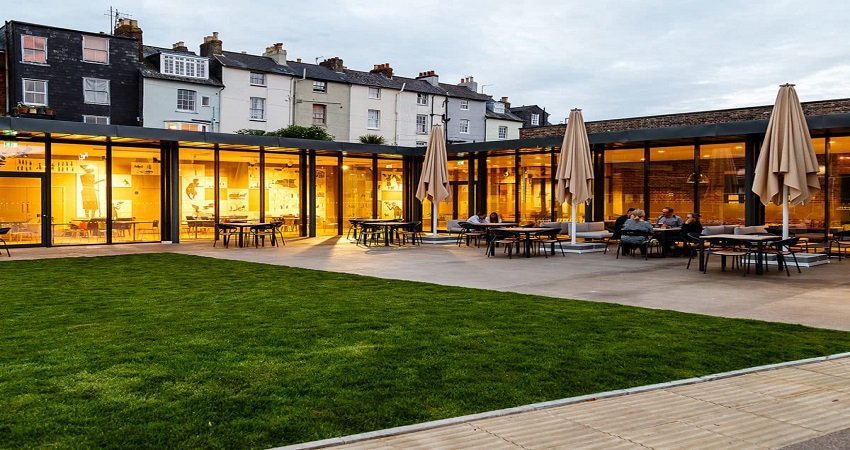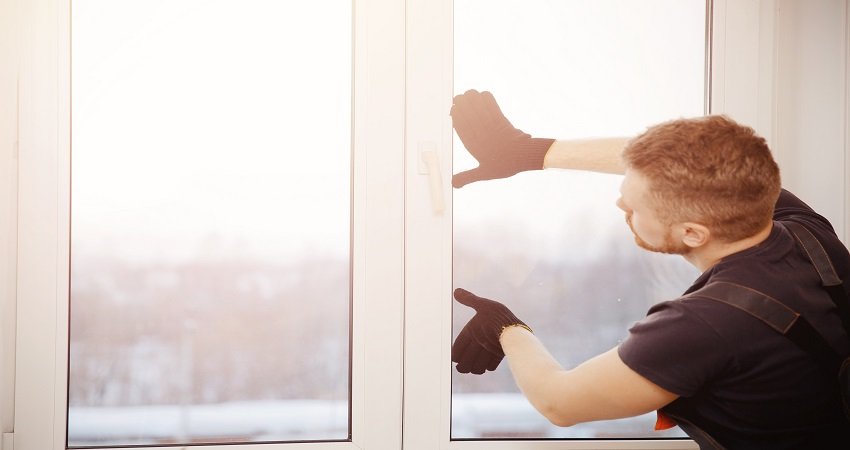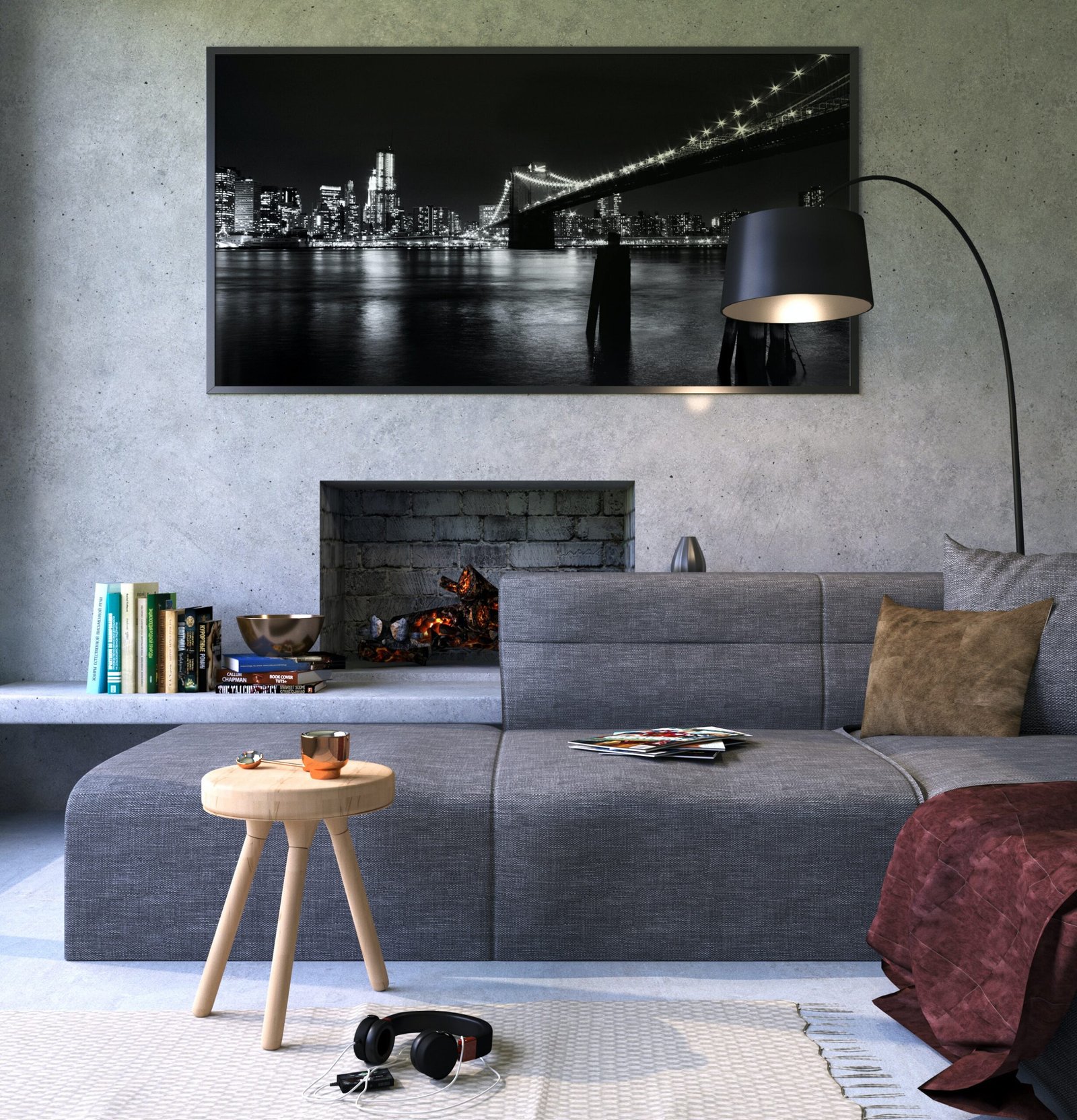There are two kinds of sound insulation that are suitable for residential commercial and commercial properties: impact and airborne. The latter is utilised when sound that is emitted in the air directly is blocked and is measured as an index of sound reduction.
Acoustic glass cost that is used for impact is typically to create floating floors. It is measured by the level of sound pressure in the room below. In this post, we’ll examine more deeply an index for sound reduction and how it’s a reliable measure of the level of sound insulation offered by structures such as a window or door.
The index of sound reduction is calculated by decibels (dB) and is only used to define the index of a specific part or partition. Simply put it describes the difference in volume of sound that is hitting the component’s side or partition, and the resulting sound recorded on the opposite side.
What Is Acoustic Glass?
If a house is situated in a busy area close to a bar or bar or close to factories or any other kind of structure that generates a lot of sounds, modifications are possible on the property to cut down the amount of noise and to make it soundproof.
This is essential to ensure that homeowners are able to relax and enjoy tranquillity (and this is also true for offices where workers must be able to focus).
acoustic laminated glass window is an excellent solution to reduce the effects of noise pollution in the property. These are the advantages and benefits of acoustic glasses to help you decide if it is the right choice for your house.
Acoustic Glass V/s Double-Glazing
Double glazing is made up of two glass panes and a layer of inert gas between them. Acoustic glass is similar to it, with the exception that it is equipped with an acoustic layer between the two panes instead of simply inert gas.
This can be used to enhance the soundproofing capabilities of the window above the insulation properties already present in the double-glazed. Similar to standard glazing other layers can be added to increase the soundproofing properties of the window. However, it is only useful when it is possible to ensure that the size of glass differs for each.
Part Of A Soundproofed House
The benefits of noise reduction from Acoustic glass are evident immediately particularly when windows are upgraded from single-glazed windows, which have almost no ability to soundproof.
Additionally, the acoustic double glazing capabilities of acoustic windows could be improved even more in the event that they are used in conjunction with a home which has been protected in other ways, e.g. sealing the doors using soundproof strips or installing carpets on floors that are exposed to make it as soundproof as you can.
What If Acoustic Glasses Aren’t The Right Choice?
Acoustic glass isn’t the only option to ensure soundproofing of your home. Double glazing that is standard and has an A rating can significantly lessen the amount of noise that is absorbed by the windows, in addition to making your home more comfortable and energy efficient.
If you reside in an old-fashioned house which is protected by conservation regulations (and consequently is draughty and has inefficient single-glazed windows) you might think about adding secondary glazing.
This is a distinct panel that is installed inside your window, allowing all the glass, air and layers that are required for basic soundproofing without altering the look of the single-glazed window originally.
The typical audio ranges (dB) that human speech produces include:
* Conversations that are normal and relaxed 60-65dB
* Loud speech – 65-75dB
* Continuous shouting of 80-85dB.
We produce every one of our modern aluminium windows and doors at our own manufacturing centre located in London. We are able to provide specific specifications for glazing for projects that could be a source of noise pollution, whether it’s due to air traffic or close proximity of busy highways.
Acoustic glazing protects workplaces and homes from the aforementioned disturbances by reducing noise pollution and increasing noise reduction indexes in the process. This type of specification goes straight to work by reducing the energy of any particular sound wave.
It is essential that the design of your glass has the correct properties of acoustic insulation based on what frequency, or the pitch of outside noise that needs to be eliminated. Higher-pitched frequencies are easier to absorb, while the reduction of lower frequency noises such as traffic noises can be a little more challenging.
1. Part E Building Regulations
It’s essential to be aware of it’s important to know Part E Building Regulations (2003) regarding the minimum levels of acceptable noise performance for commercial buildings and also in schools. Below is a list of minimum acceptable levels of noise for various commercial spaces:
* Offices 40-45dB
* Larger offices 45-50dB
* Classrooms 40dB
* Music rooms 30dB
* Large lecture rooms – 35dB
For custom-designed aluminium windows doors that don’t just meet your aesthetic demands but also your sound absorption reduction needs as well
At London we provide triple- and double glazing soundproof designs with the acoustic glass specifications to make your individual project, providing the user a lot of daylight and a relaxing atmosphere to relax in.

2. Improve Your Home’s Appearance With Secondary Glazing
Give a fresh look to your home by increasing the comfort, peace, and safety of your residence. With our secondary glass solution it solves issues with noise as well as heat retention and low security at the same time. In addition, you can save money on your bills and improve the value of your property.
3. Incredible Sound Quality
Secondary glazing can make a house significantly quieter. The customers are amazed by the decrease in noise levels and many can sleep soundly on the very first night since they were children. If you’re living in a busy highway, near the railway line or the flightpath, it can alter your life by cutting out the outside noise by 80 percent.
4. Improved Efficiency Of Energy
Secondary glazing that is energy efficient reduces your monthly utility costs and makes you feel more at home and minimises your environmental impact. By using it, you can enjoy long-term efficiency and energy cost savings during hot and cold seasons. Also, you can gain a better Energy Performance Certificate (EPC) rating.
5. Securer And More Discreet
Create a home that is unobtrusively secure and less vulnerable , especially in the case of an older , listed or a historic property. There is no reason to compromise the historic or period aspects to feel safer – secondary glazing is the solution.
It eliminates the need for unattractive grilles or other preventive strategies. There are a variety of options to make you feel more secure regardless of whether you’re at home or on the go.
6. The Value Of Your Home Has Was Increased
Enhance the resale value of your property by eliminating outdoor noise, particularly in areas of suburban and urban sprawl near airport flight paths, or close to railway lines.
Wherever your house is located we can help you attain the tranquil rest and a relaxed lifestyle that every homeowner desires.



